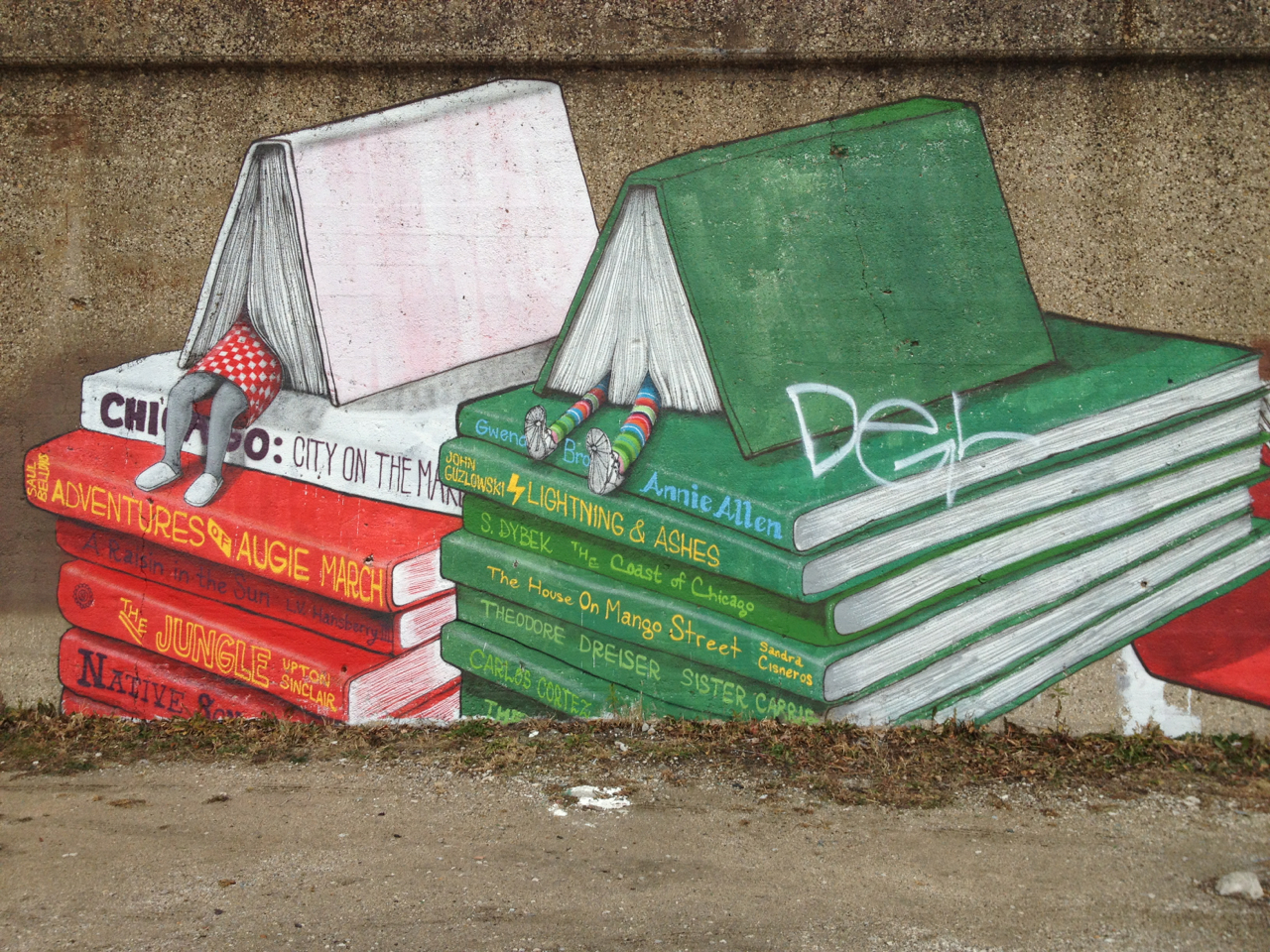
Divided in two modules (Module 1: Multicultural American Literature; Module 2: Asian American Writers), the course focuses on the discussion, from a multiethnic and multicultural perspective, of historical, social, political, and economic issues that arise from the reading of the literary selection. Special attention will be given to the analysis of literary texts in order to understand the relationship between American literature and the national identity of the United States of America.
- Docente: NICOLANGELO BECCE
- Docente: Luisa Messina Fajardo
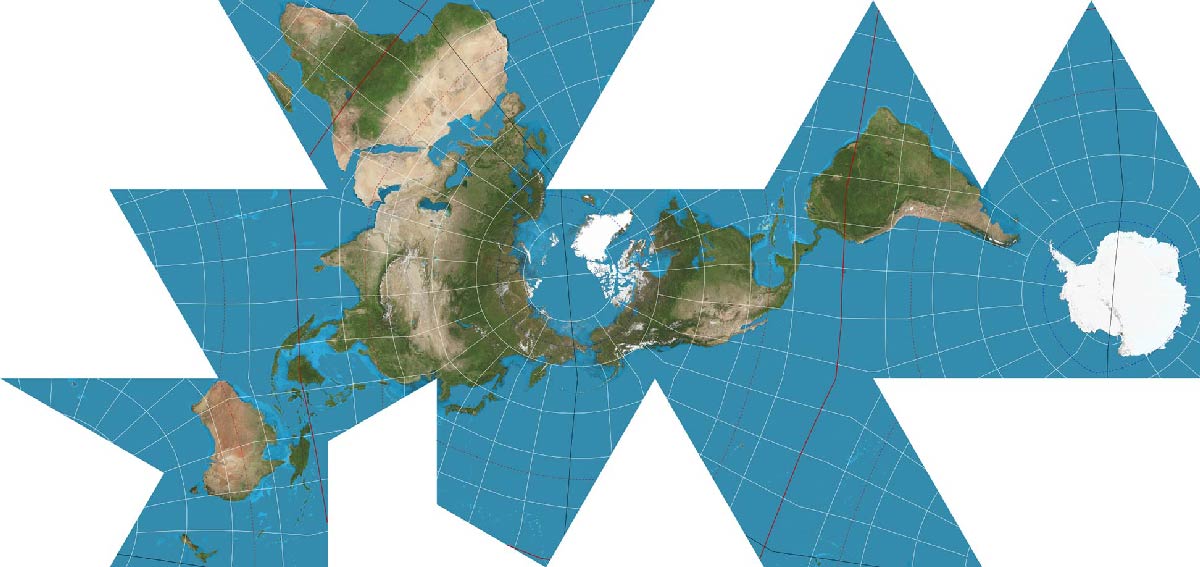
Attendance is mandatory for all classes. If a student misses more than three classes, 2 percentage points will be deducted from the final grade for every additional absence. Any exams, tests, presentations, or other work missed due to student’s absences can only be rescheduled in cases of documented medical or family emergencies
REQUIRED WORK AND FORM OF ASSESSMENT: Attendance and participation to class discussions (25%); mid-term written test (25%); in class oral presentation (20%); final paper (30%). The class discussions concentrate on the essays listed in the second section of the required readings. Access to this material can be obtained mostly through the online subscriptions of our university; when this is not be the case, the related pdf will be provided to the students uploading it on moodle. During the course students will be able to figure out how to pick a topic for the research paper each of them is required to write and to present to their colleagues.
- Docente: Marilena Gala
- Docente: GIULIANO SANTANGELI VALENZANI
- Docente: Francesco Guida
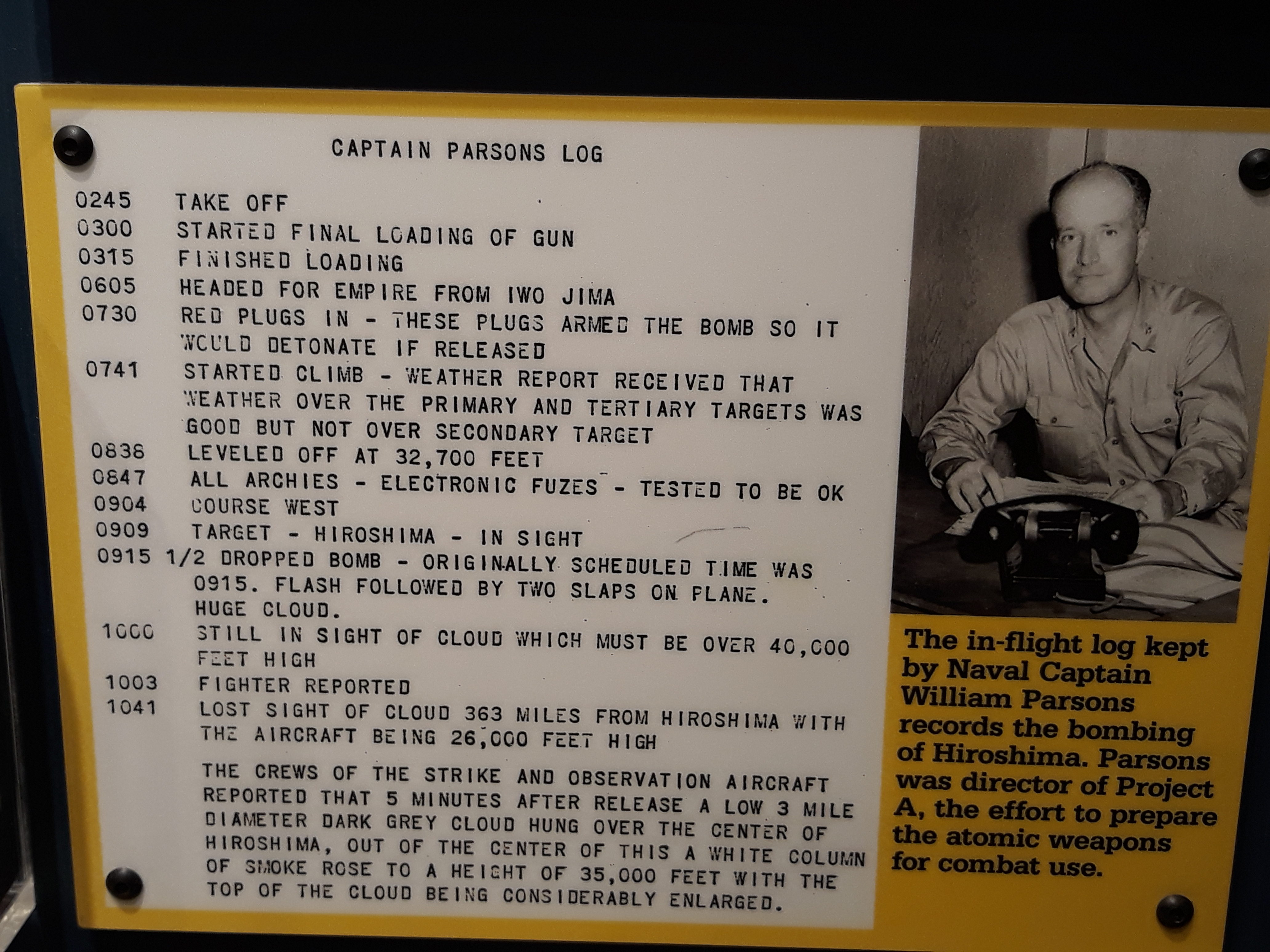
La frequenza in classe è fortemente consigliata, visto che una parte della valutazione degli studenti dipenderà dalle attività in presenza che saranno svolte durante le ore di lezione
Per gli studenti al secondo anno di magistrale, ovvero coloro che nel piano di studi hanno ancora il corso da 8 crediti, il programma rimane il seguente:
Opzione in inglese:
T. C. REED AND D. B. STILLMAN, THE NUCLEAR EXPRESS. A POLITICAL HISTORY OF THE BOMB AND ITS PROLIFERATION, ZENITH PRESS, 2009
L. FREEDMAN, THE EVOLUTION OF NUCLEAR STRATEGY, THIRD EDITION, PALGRAVE, 2003. I CAPITOLI DA STUDIARE IN QUESTO CASO SONO I SEGUENTI: 1, 2, 3, 4, 5, 6, 7, 8, 9, 10, 11, 17, 18, 20, 21, 26, 27, 28
I NON FREQUENTANTI DOVRANNO AGGIUNGERE AI TESTI SOPRA INDICATI ANCHE:
1) JACK CARAVELLI, "BEYOND SAND AND OIL. THE NUCLEAR MIDDLE EAST", PRAEGER, 2011
2) DISPENSA SUL CONTROLLO DEGLI ARMAMENTI DISPONIBILE
SUL SITO DI FACOLTA' ALLA PAGINA DEL DOCENTE
Opzione in italiano per studenti non frequentanti(programma alternativo):
– Giampaolo Valdevit, La guerra nucleare. Da Hiroshima alla difesa antimissile, Mursia, 2010
– Marilena Gala, Il paradosso nucleare. Il Limited Test Ban Treaty come primo passo verso la distensione, Polistampa, 2002 (se non reperibile in libreria o in internet, tale volume è presente nella biblioteca di facoltà in doppia copia)
– Dal volume: L’atomica. Scienza, cultura, politica, (a cura di) Emilia Fiandra e Leopoldo Nuti, Franco Angeli, 2014, i seguenti gruppi di capitoli in alternativa fra loro (o l’uno o l’altro gruppo): I gruppo: da p. 37 a p. 80 + pp. 95-141; II gruppo: da p. 143 a p. 239.
– dispensa disponibile presso la copisteria “Appunti” in via Chiabrera, 174, tel/fax: 0659605579
Per gli studenti del I anno di magistrale, ovvero coloro che hanno il corso da 6 crediti,
il programma è il seguente:
per i frequentanti:
- McGeorge Bundy, "Danger and Survival. Choices about the bomb in the first Fifty Years", Random House, 1988 (fino a p. 583)
- Al suddetto volume si aggiungono le letture che metto a disposizione su moodle
per i non frequentanti:
- McGeorge Bundy, "Danger and Survival. Choices about the bomb in the first Fifty Years", Random House, 1988 (fino a p. 583)
- William C. Potter, "The Origins of the US-Soviet non-proliferation cooperation," Adelphi Series, published online in July 2018
- John Krige, "Atoms for Peace, Scientific Internationalism, and Scientific Intelligence", Osiris, Vol. 21, No. 1, Global Power Knowledge:Science and Technology in International Affairs (2006), pp. 161-181
- Jack Boureston & Tanya Ogilvie-White, "Expanding the IAEA’s nuclear
security mandate", Bulletin of the Atomic Scientists, Vol. 66, No. 5 (2010), pp. 55-64
A questi testi va aggiunta una scelta fra le seguenti alternative:
- JACK CARAVELLI, "BEYOND SAND AND OIL. THE NUCLEAR MIDDLE EAST", PRAEGER, 2011
– dispensa disponibile presso la copisteria “Appunti” in via Chiabrera, 174, tel/fax: 0659605579
- Docente: Marilena Gala
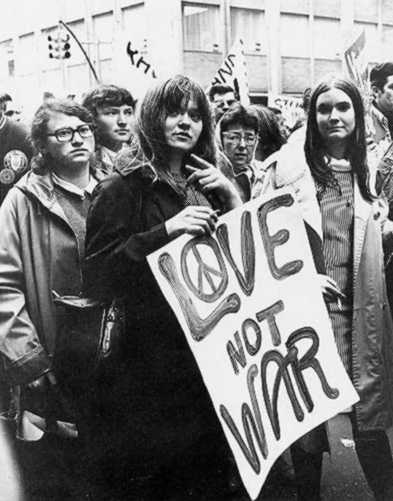
- Docente: Renato Moro
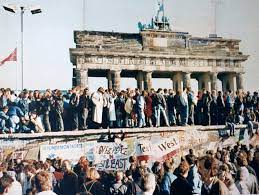
Il corso si prefigge l'obiettivo di fornire agli studenti gli strumenti per analizzare le principali linee evolutive del sistema internazionale, a partire dagli anni '80 - con il processo di collasso dell'Unione Sovietica e fine della Guerra Fredda - fino al contesto più recente. Particolare attenzione sarà data a un'analisi delle cause della fine della Guerra Fredda e alle principali crisi internazionali succedutesi dagli anni '90 in poi. Aspetti importanti da analizzare saranno: il ruolo dell'ONU durante il periodo analizzato, l'attività della NATO nel contesto post-Guerra Fredda, l'evoluzione della politica estera americana e i tentativi di formazione di una politica estera e di sicurezza comune in Europa. Altri temi affrontati saranno l'affermazione sulla scena internazionale di "nuove" potenze, quali Cina e India (e le sue conseguenze), e le problematiche relative agli armamenti nucleari.
Il corso è concepito per una didattica di tipo avanzato, seminariale. Nella prima parte la docente terrà una serie di lezioni che tracceranno lo sviluppo del sistema internazionale dagli anni '80 in avanti, prevendendo anche momenti di discussione organizzata su alcuni materiali assegnati in precedenza, mentre nella seconda parte avranno luogo le presentazioni di gruppo in classe da parte degli studenti, su materiali definiti a inizio corso.
- Docente: Lodovica Clavarino
- Docente: ALBERTO BASCIANI
- Docente: Valerio Gatta
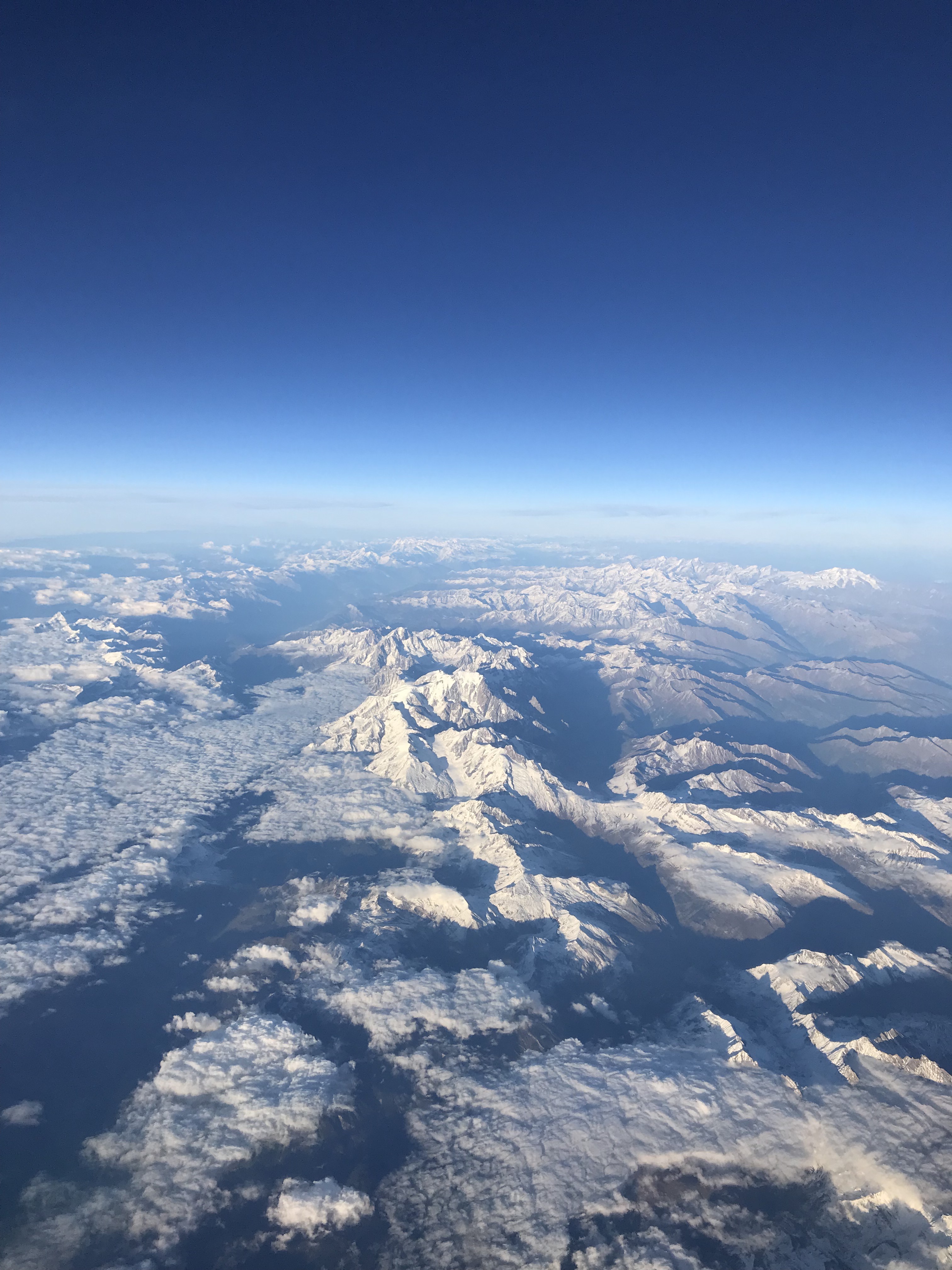
The course is structured in 4 parts (9 CFU):
1) An overview of the European Union’s history, politics and institutional developments: from the European Community of the 1970s to the EU of the 2000s.
2) Environmental challenges and politics in an international history perspective, from the Stockholm Conference of 1972 to the Paris Agreement of 2015: conservation; global threats; multilateral negotiations; and the rise of climate change in international politics.
3) The roots and development of the EU environmental policy within the context of its energy policy, external relations and foreign policy.
4) Students’ short papers and presentations (see list of recommended readings/bibliography).
Non-attending students, instead of preparing their short essay and presentation, will have to study for their oral exam an additional reading, to be chosen from the list of recommended readings in advance and in agreement with the professor.
- Docente: Laura Fasanaro